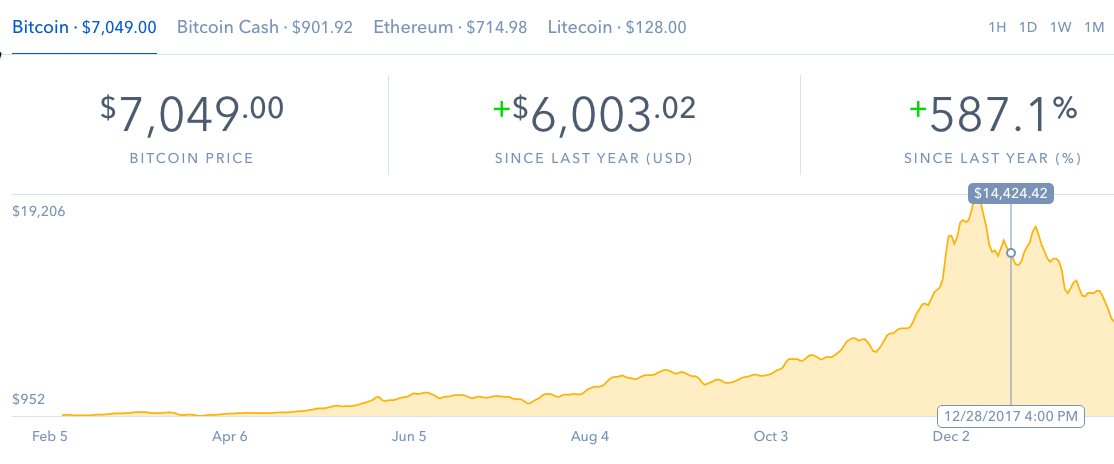February 2018
Way too many investors talk a good game about being in it for the long-haul, then repeatedly thwart themselves and their portfolios by piling into hot investments and paying too much attention to short-term market swings. Though market pullbacks are very common, and bubbles can go undetected for a time, two of the biggest drivers of short-term thinking are the impact of conditioning and the influence of the echo chamber.

Conditioning Fosters Shortsightedness
Investors have been conditioned to put too much weight on short-term market events by the media, industry analysts, investment managers, and companies themselves. Wall Street analysts make news for the accuracy of their short-term earnings estimates, while relying on regular guidance from company managements. Companies, under pressure from their boards, large investors, and analysts to meet estimates, report financial results and host earnings calls on a quarterly basis. And the financial media breathlessly covers each stock price wobble. It doesn't help that investors’ fund statements arrive on a quarterly cycle regardless of the nature of their investment accounts or their time horizon. All of this contributes to an environment where investment managers and funds are viewed as only as good as their last quarter’s performance.
The Echo Chamber, Where Objects Appear Larger (And More Important) Than They Really Are
Susan Cain’s book, “Quiet: The Power of Introverts In a World Where No One Can Stop Talking," isn’t about investing. Yet the last few words in the title are a good description of the 24-hour news cycle. The steady drumbeat of background noise — some meaningful, much meaningless — including blow-by-blow analysis of very short-term news flow and price moves in financial markets magnifies their impact. With all the self-reinforcing factors arrayed against long-term thinking, it's no surprise people wind up being nudged to make short-term moves at odds with both a carefully thought-out investment strategy and their long-term goals. Caught up in all the hype, investors can let their emotional reactions make them look more like speculators.
Nearsightedness And Your Portfolio
What’s the (predictable) result of this myopia? Hyped up by a fear of missing out and the desire to avoid losses, investors sometimes abandon their strategies in order to follow the herd. They might try to time the market by piling into hot sectors and stocks or jumping out of investments that have recently lagged. Cashing out and waiting on the sidelines for the storm to pass is another reaction. Does any of this sound familiar?
The problem with these emotionally-driven responses is that markets are generally efficient, making it impossible to consistently time them. Instead, by jumping in and out, investors increase their chances of missing rallies, which tend to closely follow market drops. So they wind up selling low and buying high. This can really hurt your portfolio, damaging your chances of hitting long-term goals. And constantly churning your portfolio eats into returns: costing you in fees and trading commissions. You’re also likely to pay more in taxes because of the higher capital gains tax rates on short-term investments (those held for less than a year). All these effects compound over time.
Being stoic when faced with an onslaught of seemingly important news, data points, and reporting is not exactly realistic, or even possible for most of us. But it is possible to resist the pressure to act, detaching emotional reactions from your investment actions, by remembering you are likely to do yourself more harm than good by trying to chase returns or avoid losses. Staying calm is also critically important to ultimate investing success — a long game that plays out over time and market cycles.

